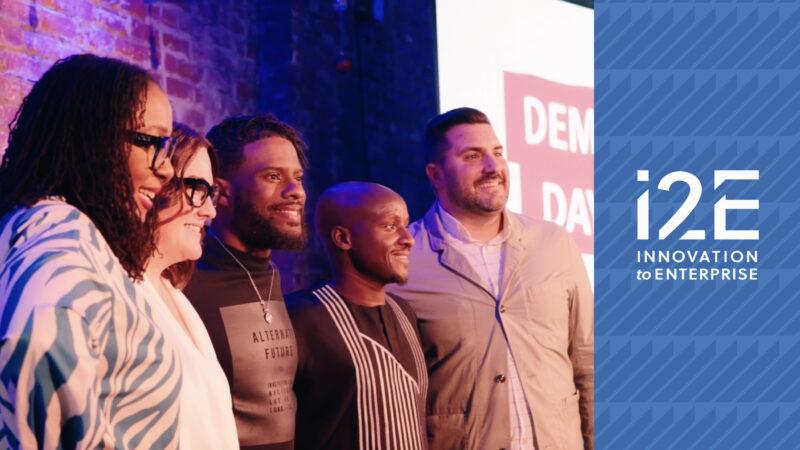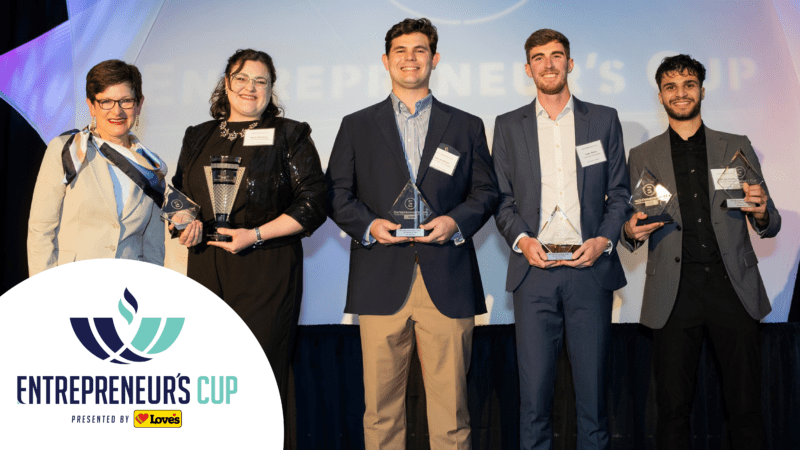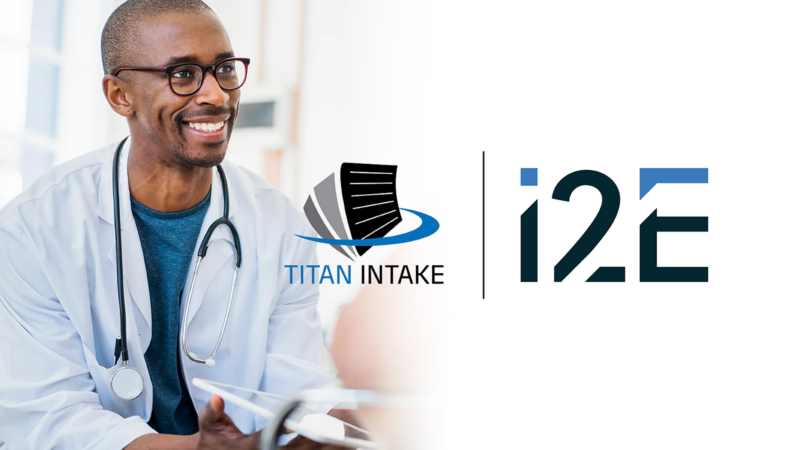By Jim Stafford
Copyright © 2013, The Oklahoma Publishing Company
NORMAN — Every day, around the world, about 2,000 people die from a fungal disease known as Cryptococcus. Yet I had never heard of it until I met Sean Bauman.
Bauman is president of Norman-based Immuno-Mycologics Inc. — better known as IMMY — which has developed a simple test for Cryptococcus and is raising awareness of its devastating effects around the world. He recently invited me down to tour IMMY’s laboratories and learn something about this disease that is a tremendous burden in Third World countries such as those in sub-Saharan Africa.
“What you hear about is AIDs and HIV, tuberculosis and malaria,” Bauman said. “Part of what we are doing is, we are out there trying to raise awareness of this disease.”
Turns out that Cryptococcus is a ubiquitous organism. We all inhale it.
 “For those of us who are healthy and have a healthy immune system, it doesn’t cause any problems,” Bauman said. “But if you are an HIV patient and have a suppressed immune system, it can cause tremendous problems. It travels from the lungs and ends up in the brain, causing meningitis. That’s the really late stage of the disease.”
“For those of us who are healthy and have a healthy immune system, it doesn’t cause any problems,” Bauman said. “But if you are an HIV patient and have a suppressed immune system, it can cause tremendous problems. It travels from the lungs and ends up in the brain, causing meningitis. That’s the really late stage of the disease.”
With an early diagnosis of a lung infection and treatment, patients recover rapidly.
However, for people living in developing nations, where HIV is prevalent and access to health care is not, Cryptococcus takes a terrible toll. That’s where IMMY’s rapid, test strip Cryptococcal Antigen Assay makes a difference.
“What’s so amazing about this test is it does something very, very simple,” Bauman said. “All it does is connect a sick patient to the drugs that are freely available to these patients.”
It’s not that simple, however. In many of what Bauman calls “resource limited” nations, the bureaucracies that oversee the health care systems are suspicious of Americans and American companies.
So, the challenge becomes convincing ministries of health in various countries to make the tests widely available to their citizens.
“How can we change policy in these different countries?” Bauman asked. “Why should they listen to this arrogant American who doesn’t look like them, talk like them? Imagine a Kenyan trying to change policy in the United States.”
Collaborations with the Clinton Health Foundation and the African Society for Laboratory Medicine is helping IMMY make progress. Both organizations are well embedded in developing nations, and their endorsement helps validate IMMY with government officials.
IMMY packages everything needed for the Cryptococcus test in a sealed, waterproof package that can withstand shipping challenges of heat and handling in rural areas of Africa or Asia. And, in a new development, the company has further refined the test so it now requires only a single drop of blood from a patient.
“What’s best about that is that you don’t have to run the test in a lab setting,” Bauman said. “You can run it in a clinic where a nurse could collect a drop of blood, put it in a tube, put the test strip in and get the result in 10 minutes.”
Before I left IMMY, Bauman gave me a tour of IMMY’s laboratories and offices. He stopped abruptly at a wall map of the world, with areas where Cryptococcus is widespread highlighted in red. Vast areas of Africa and Asia stood out in bright color.
“There is such a tremendous need,” he said.
Jim Stafford is Communications Specialist with i2E Inc. in Oklahoma City.








